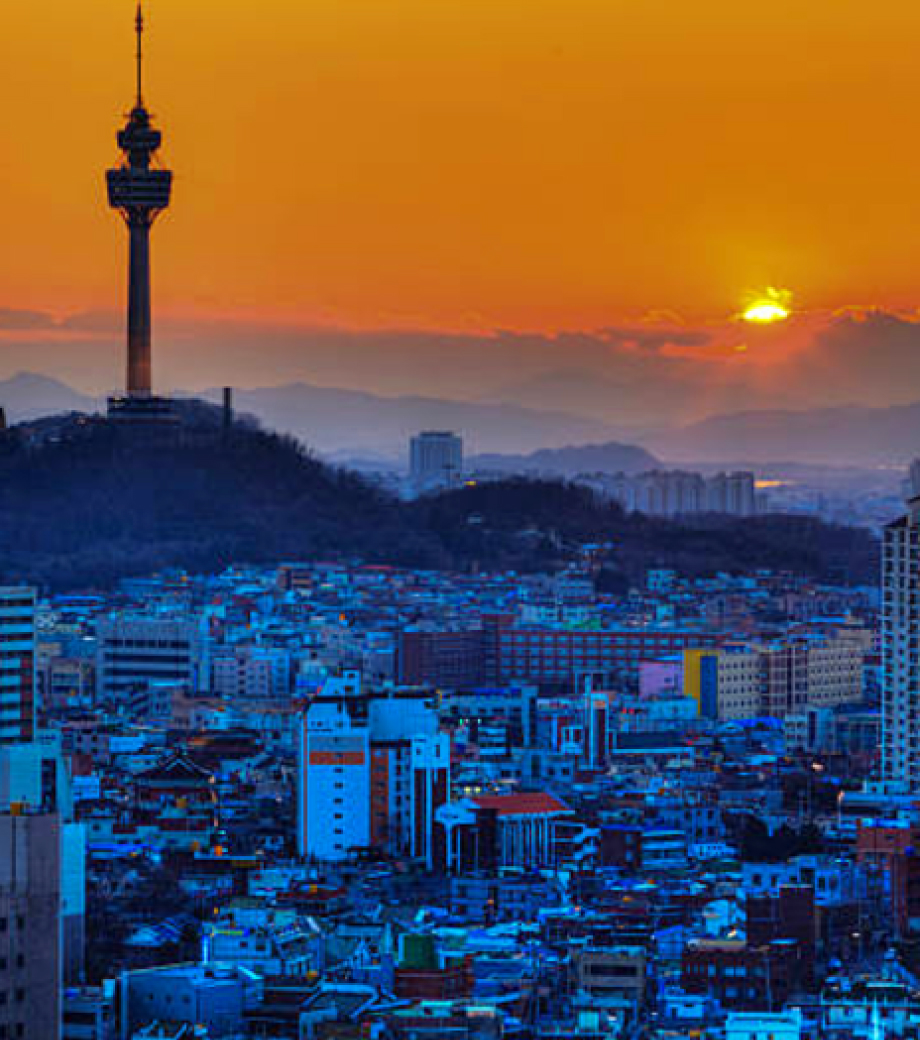About Daegu, South Korea
Daegu, known as the “City of Energy,” is South Korea’s fourth-largest city and a vibrant cultural hub with a rich blend of tradition and modernity. Located in the southeastern part of the country, Daegu is famous for its historical landmarks, thriving textile industry, and beautiful natural surroundings. The city is nestled in a scenic basin surrounded by low mountains, providing numerous opportunities for sightseeing and outdoor activities.
Daegu is also known for its role as a technology and innovation center, with a focus on advanced industries, healthcare, and education, making it the perfect setting for the 16th International Conference on Ultrasound Engineering for Biomedical Applications (IC-UEBA 2025).

Language
The official language of South Korea is Korean, but English is widely spoken in international settings, particularly at major hotels, restaurants, and conference venues.
Climate
In June, Daegu experiences warm and pleasant weather, with an average temperature ranging from 22°C to 30°C (72°F to 86°F). Attendees are recommended to dress in lightweight, breathable clothing and carry an umbrella or hat, as brief summer showers can occur.
For up-to-date weather information, please visit the Korean Meteorological Administration.
Time Zone
Daegu operates on Korea Standard Time (KST), which is UTC+9 hours.
Currency
The currency in South Korea is the Korean Won (KRW). Foreign currencies can be exchanged at banks, the airport, and some major hotels. International credit cards such as Visa, MasterCard, and American Express are widely accepted in most establishments.
The approximate exchange rate is:
- 1 USD ≈ 1,340 KRW
- 1 EUR ≈ 1,480 KRW
Tipping & Tax
Tipping is not a common practice in South Korea and is not expected at most restaurants or cafes. However, some high-end hotels and restaurants may add a 10% service charge to your bill, which is usually indicated on the receipt. No additional tipping is necessary.
Electricity
South Korea uses a 220-volt system at 60 Hz, with standard European-style Type C and Type F sockets. Visitors with appliances that operate on a different voltage should bring an appropriate adapter and/or voltage converter.
